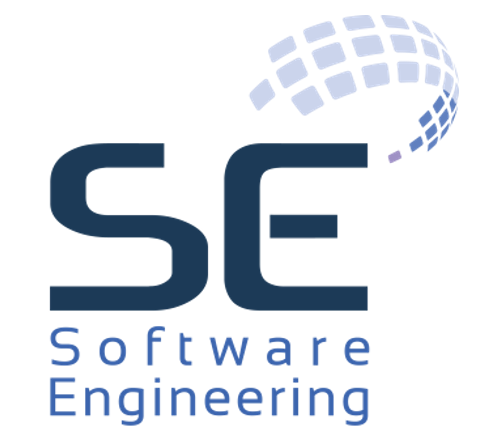Montag 9:00 - Raum Schnieke - mapping RSE landscape in Germany and beyond
Host: Stephan Janosch
Many actors with different perspectives are around research software. In order to show up connections between people, institutions, initiatives and programs we map the RSE landscape in Germany in a workshop.
The goal of the workshop is to come up with some sort of topic map which helps RSEs to orient themselves, approach the right people or use the appropriate infrastructure. The resulting map should be some form of living document which can evolve further.
Several active community members will be invited to to workshop to get the best picture possible.
Invited will be:
- Members of working group 2 of the Allianzinitiative.de
- members of the German RSE association
The workshop will happen online and will last at least 3 hours.
Montag 9:00 - Raum Sahne - Workshop: Kotlin for science
Hosts: Alexander Nozik and Giuseppe Barbieri
Everybody knows that programming language significantly affects the effectiveness of scientific work (any work actually). There are a lot of languages to choose from, but only several are suitable for scientific work.
Kotlin is a modern language widely adopted in the industry and fully compatible with existing Java libraries. Kotlin is not only "better java", it has a number of features that promote it to be used in scientific problems:
* Compact modern syntax
* First-class support of functional programming
* Scripting/notebook support
* Multiplatform project - ability to share the code with browser and native applications.
In this workshop, we would like to showcase Kotlin abilities in scientific applications. Kotlin jupyter notebook, computations, visualization using JS.
Montag 13:30 - Raum Schniecke - Workshop: Let’s talk FAIR for research software
Hosts: Martin Stoffers, Tobias Schlauch, Alexander Struck, René Caspart
The session will cover practices in and handling of research software development and how they relate to the FAIR principles [0]. We will introduce current challenges that we have faced and/or identified in our daily work and research.
Using the format World Cafe, we like to discuss such challenges with you to gather your perspectives and ideas. Existing material, e.g. [1], about minimal prerequisites for software publication is discussed and (ideally) improved. The Findability aspect is further investigated when we discuss how/why/where we search for software and Reuse may be touched upon.
The situation in HPC environments may differ from common research labs and we will look at user-oriented services and workflows to make such environments more Accessible and Interoperable. The audience is free to focus on any aspect or cover all.
[0] https://www.rd-alliance.org/groups/fair-research-software-fair4rs-wg
[1] https://gitlab.com/hifis/hifis-workshops
Montag 13:30 - Raum Sahne - BoF/Splinter: Compression of Scientific Data
Hosts: Felicita Gernhardt and Peter Steinbach
pad link
When conducting scientific experiments at research institutes a lot of data is produced that needs to be stored. To save storage space and to make the data easier to handle, compression has attracted more attention recently.
As we are evaluating different tools to compress research data efficiently under the aspect of time, storage usage and quality of the output data, we would like to learn more about what the data compression stakeholders in the community have put into practice, learn from them and share our experience.
For this we would like a BoF session with an intended length of 90 minutes.
Dienstag 9:00 - Raum Urst - Workshop: Implications of Sustainability Conceptions in Software Engineering & Development Practice
Host: Malte Reißig
The workshop facilitation is based on a trans-disciplinary review of sustainability frameworks and criteria developed for assessing the quality and sustainability of software, software projects and digital artifacts. The review reveled three major categories of sustainability frameworks relating to software and software engineering: Product-oriented, Procedural and Systemic sustainability frameworks.
The workshop will be organized along the introduction of representative frameworks for each category, their respective sustainability dimensions, and criteria. The group discussion will be organized around the maturity, applicability, and functionality of the identified frameworks with the aim to raise awareness and foster exchange of perspectives among participants. Participants are also encouraged to bring software they have deep knowledge about with them and introduce them for focusing discussions.
Regarding the interest of the workshop participants the second half of the second session could also focus on an exchange about existing tools that support the analysis of single sustainability criteria or the management of sustainability criteria catalogs. The workshop language is English, and the workshop will be held online on Tuesday, 22nd February, and is organized in two sessions.
The first session will be from 9-10:30am and the second session will start at 11:00am and end at 12:30pm. If you want to contribute your perspective on the relation of sustainability and software engineering, please do not hesitate to contact Malte Reißig by Email with your proposal (URL: https://www.iass-potsdam.de/de/menschen/malte-reissig).
Dienstag 13:30 - Raum Urst - BoF/Splinter: Testing Neural Applications
Hosts: Markus Goetz and Peter Steinbach
pad link
Neural networks have been proliferating science in a variety of domains and at heterogeneous scales. While their use has been democratized by a variety of vendors of software and hardware, their design and maintenance remains a daily engineering challenge. In particular, testing neural networks and similar probabilistic algorithms remains an open and problem-specific endeavor.
Possible test objectives range from technical, to syntactic or semantic correctness to forgetting probabilistic soundness.
In this BoF, we would like to share ongoing efforts and experiences at Helmholtz AI to establish best practices on the aforementioned challenges.
Equally, we also seek to collect feedback as well as input from the community on similar or alternative approaches to establish reproducible and tested neural applications for scientific use. Eventually, tested neural applications enhance trustworthiness of these implementations and are a prerequisite for their uptake in practice.
This event is geared towards a length of 90 minutes. We plan parallel discussion sessions if need be.
Dienstag 13:30 - Raum Sahne - BoF/Splinter: Providing a blueprint for an RSE group at a german research institution
Host: Florian Goth
pad link
The digital transformation is arriving at german research institutions and they need to be supported by local institutions that help scientists in the adaptation process. While the big research performing institutions already have these structures, they are still not available across the german university landscape. We would like to collect ideas for a blueprint for the "perfect" RSE group at a german research institution that enables the creation of research software at a higher level.
The goal is to collect ideas and evaluate interest in such a template in order to continue the blueprint in future workshops.

